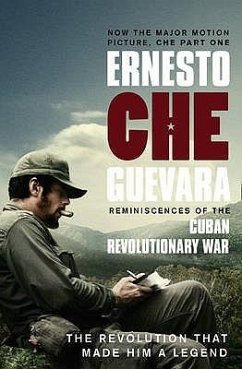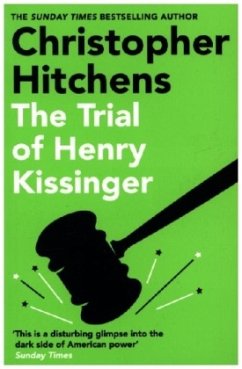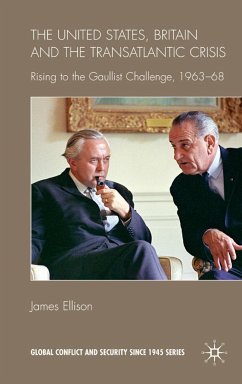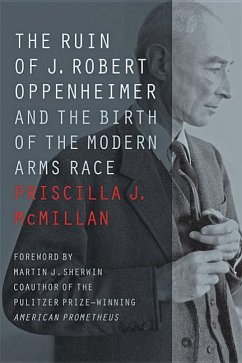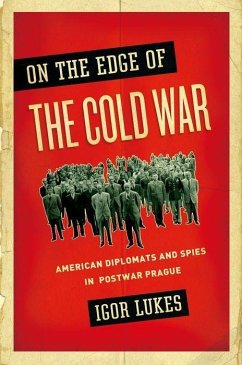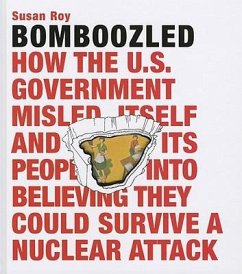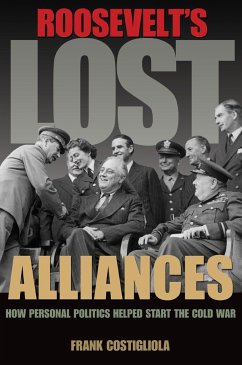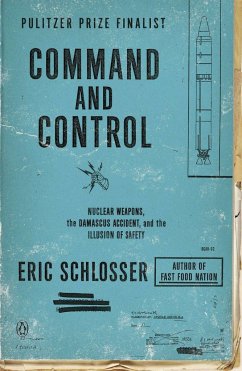Nicht lieferbar
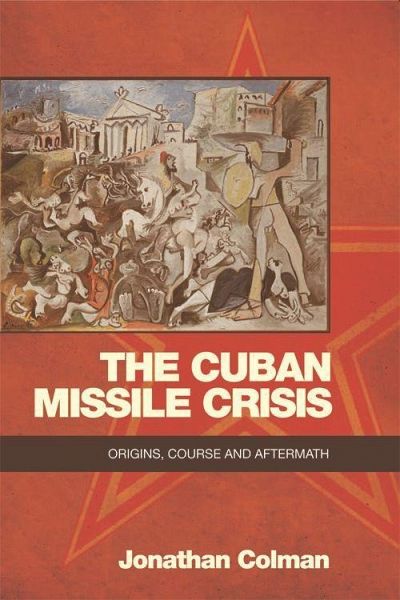
The Cuban Missile Crisis
Origins, Course and Aftermath
'Drawing on both historical documents and state-of-the-art research, this is a valuable introduction to a seminal and timeless event in conflict resolution and political decision-making.' J.J. Widen, Associate Professor in War Studies, Swedish Defence University The most dangerous confrontation in history seen from a global perspective The Cuban Missile Crisis was a six-day clash in October 1962 between the United States and the Soviet Union over the presence of Soviet nuclear missiles in Cuba. Both John F. Kennedy and Nikita Khrushchev were determined to avoid nuclear war, but events could ea...
'Drawing on both historical documents and state-of-the-art research, this is a valuable introduction to a seminal and timeless event in conflict resolution and political decision-making.' J.J. Widen, Associate Professor in War Studies, Swedish Defence University The most dangerous confrontation in history seen from a global perspective The Cuban Missile Crisis was a six-day clash in October 1962 between the United States and the Soviet Union over the presence of Soviet nuclear missiles in Cuba. Both John F. Kennedy and Nikita Khrushchev were determined to avoid nuclear war, but events could easily have spiralled out of control with cataclysmic results. This book provides a lucid and up-to-date introduction to the Crisis, including American responsibility for causing it, and Cuba's role as an important actor rather than a superpower pawn. Drawing on an extensive body of research, including material released only on the fiftieth anniversary of the crisis, this book places the event in a broader international and chronological context than ever before. It features a number of primary source documents, some of which have rarely - if ever - been reproduced, and includes a discussion of the legacies of the Crisis. Key Features and Benefits - A concise and engaging introduction to one of the most dramatic and dangerous episodes in history - Up-to-date coverage, supplementing analysis with recently released documents and both Soviet and Cuban primary source material - Features a rare exploration of the global dimensions of the Crisis, including the contributions from numerous countries in Latin America and Europe - Provides an account of the aftermath including some of the troubling legacies in theatres such as Vietnam Jonathan Colman teaches international and US history at the University of Central Lancashire. He is the author of The Foreign Policy of Lyndon B. Johnson: The United States and the World, 1963-1969, Edinburgh University Press (2010), among many other works. Cover image: The Rape of the Sabine Women, Pablo Picasso, 1962 (c) Succession Picasso/DACS, London 2016, photo: akg-images Cover design: [EUP logo] www.euppublishing.com ISBN (cover): 978-0-7486-9630-7 ISBN (PPC): 978-0-7486-9628-4 Barcode





